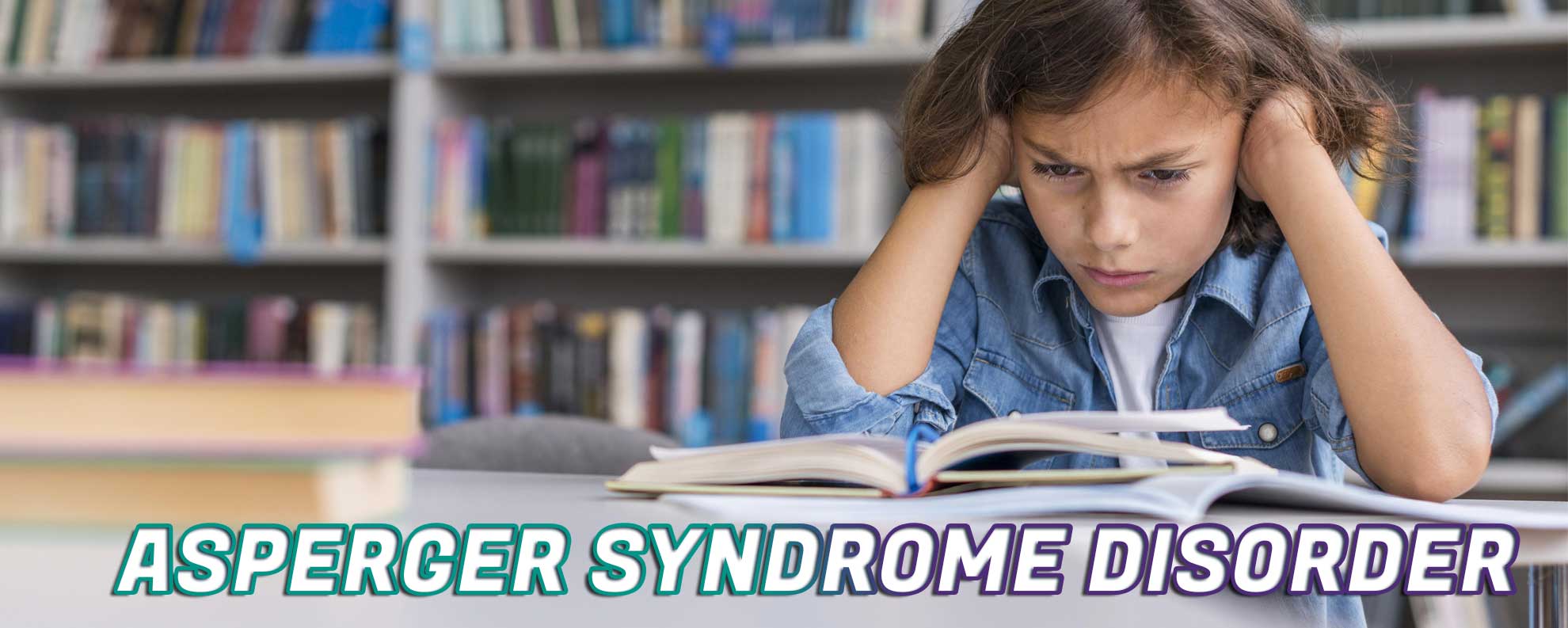
Asperger’s Syndrome Disorder is a developmental disorder. Young people with Asperger’s Syndrome have a difficult time relating to others socially and their behavior and thinking patterns can be rigid and repetitive.
Generally, children and teens with Asperger’s Syndrome can speak with others and can perform fairly well in their school work, but have difficulties with learning as they have traces of having a certain symptoms of specific learning disorder. However, they have trouble understanding social situations and subtle forms of communication like body language, humor and sarcasm. They might also think and talk a lot about one topic or interest or only want to do a small range of activities. These interests can become obsessive and interfere with everyday life, rather than giving the child a healthy social or recreational outlet.
Boys are three to four times more likely than girls to have Asperger’s Syndrome. Most cases are diagnosed between the ages of five and nine, with some diagnosed as early as age three.
Children with Asperger’s Syndrome exhibit poor social interactions, obsessions, odd speech patterns, limited facial expressions and other peculiar mannerisms. They might engage in obsessive routines and show an unusual sensitivity to sensory stimuli.
Children with Asperger’s Syndrome often show no delays in their language development. They are likely to have good grammar skills and an advanced vocabulary, but they also tend to be very literal. They have trouble using language in a social context. There may be no obvious delay in their cognitive development. Children with Asperger’s Syndrome can have problems with attention span and organization, but they usually have average intelligence.
